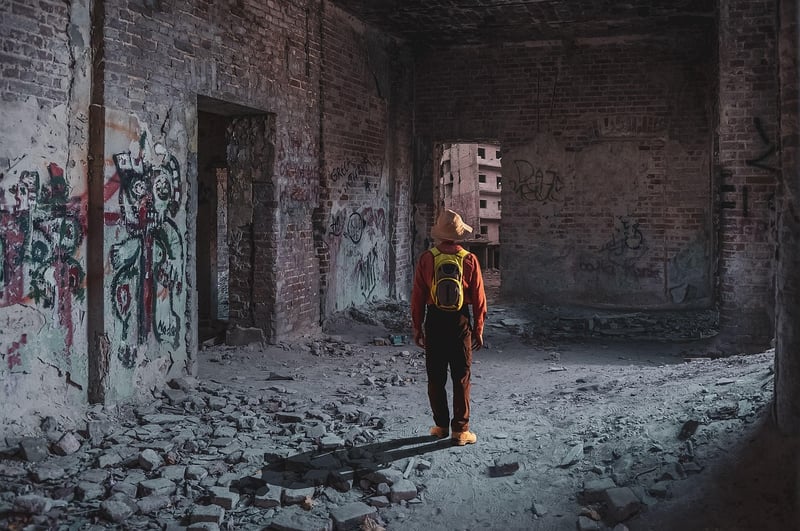Future Dystopian World
Exploring Different Eras and the Future Dystopian World
Throughout history, humanity has experienced various eras characterized by distinctive cultural, social, and technological developments. From ancient civilizations to modern societies, each era has left a mark on the collective human experience. Let's take a journey through time and explore some of the most significant eras in history and ponder what the future dystopian world might hold.
Ancient Civilizations
Ancient civilizations such as the Egyptians, Greeks, Romans, and Mayans laid the foundation for human society. Their advancements in architecture, agriculture, and governance have had a lasting impact on modern civilization. The pyramids of Giza, the Acropolis in Athens, the Colosseum in Rome, and the temples of Tikal stand as testaments to their ingenuity and craftsmanship.
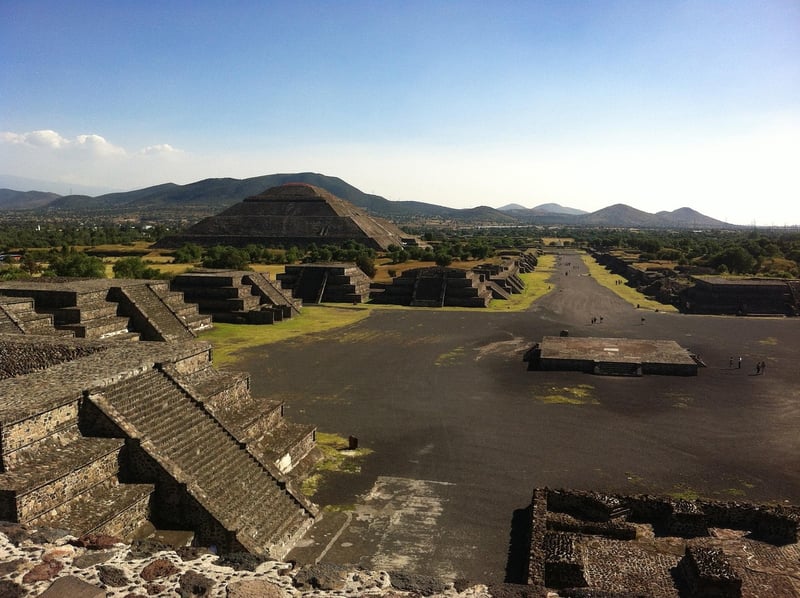
The Renaissance
The Renaissance was a period of cultural rebirth in Europe, marked by a renewed interest in art, science, and philosophy. Visionaries like Leonardo da Vinci, Michelangelo, and Galileo Galilei made groundbreaking discoveries and created timeless works of art that continue to inspire us today.
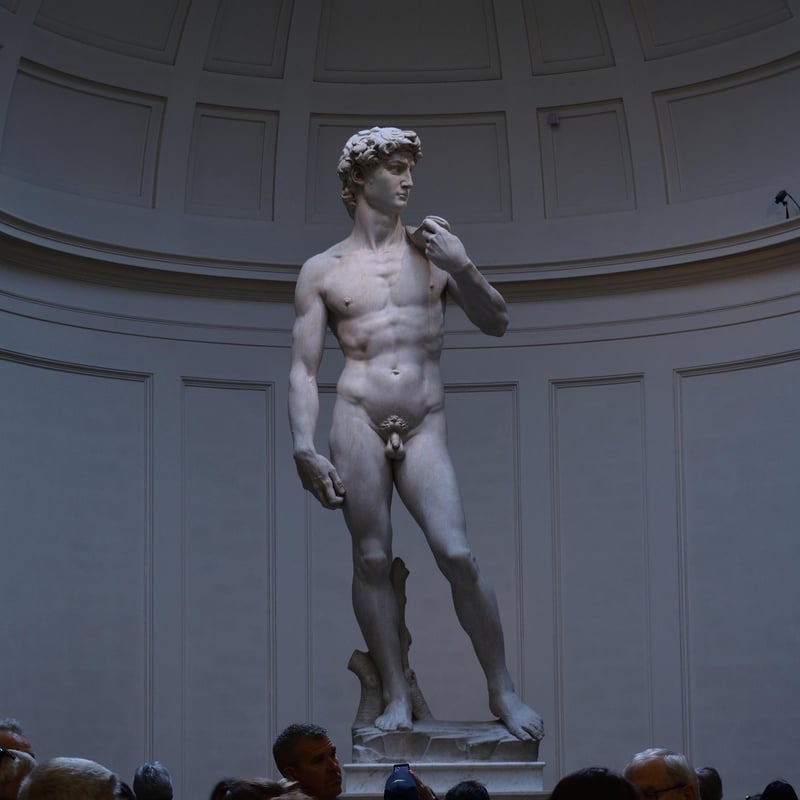
Industrial Revolution
The Industrial Revolution transformed society with the advent of mechanized production, urbanization, and technological advancements. Factories, steam engines, and railways revolutionized the way people lived and worked, laying the groundwork for the modern industrialized world.

Modern Era
The modern era is characterized by rapid technological progress, globalization, and interconnectedness. The internet, smartphones, space exploration, and medical advancements have reshaped how we communicate, work, and understand the world around us.
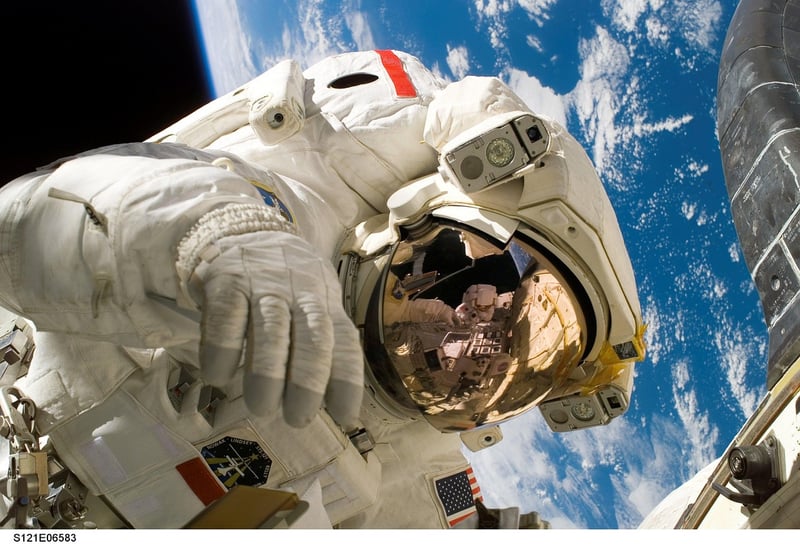
Future Dystopian World
As we look ahead to the future, there is a growing concern about the potential for a dystopian world shaped by environmental degradation, technological surveillance, and social inequality. Dystopian literature and films often depict bleak futures where humanity grapples with the consequences of its actions.
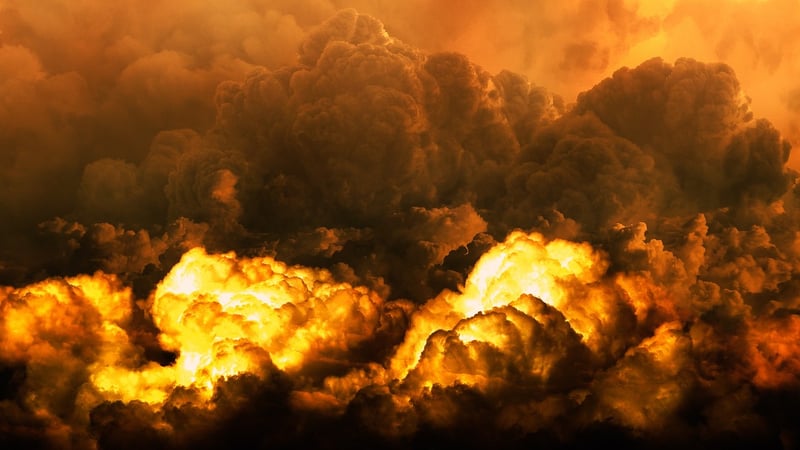
Whether we are inspired by the achievements of past eras or cautionary tales of dystopian futures, understanding history and envisioning the future can help us navigate the complexities of the present. Let us learn from the mistakes and successes of the past as we shape the world yet to come.
